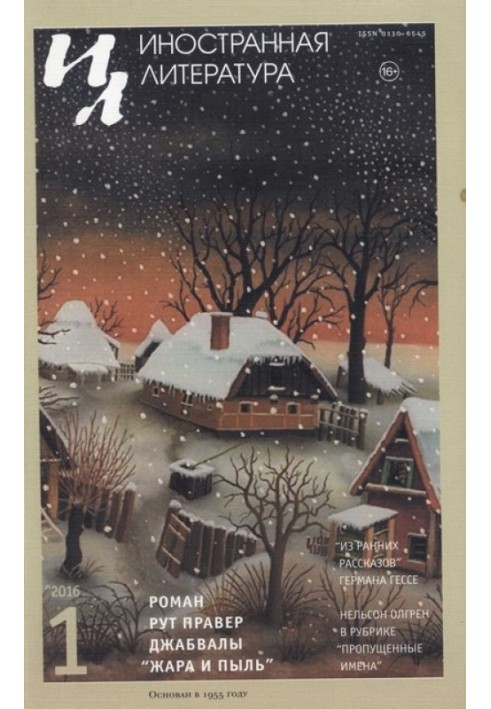Book French sonnet from the 16th-19th centuries
Category “From a future book.” We are talking about a “French sonnet from the 16th to 19th centuries.” translated by Roman Dubrovkin. “In his translations,” writes poet and translator Natalya Vanhanen in the introduction, “world-famous classics also sounded - Pierre de Ronsard, Joaquim Du Bellay, Agrippa d'Aubigny, Pierre Corneille, Gerard de Nerval, Alfred de Musset, Théophile Gautier , Leconte de Lisle, Charles Baudelaire, Stéphane Mallarmé, Paul Verlaine, Arthur Rimbaud, Paul Valery, who met for the first time under one cover - and lesser-known poets, whose names the Russian reader has yet to discover.” The author of the introductory note calls the sonnet form “chains that have become freedom.”
The book’s text has been translated from the original language using an artificial intelligence system. In most cases, the translation is accurate and clear, but occasionally there may be incorrect phrasing or individual words left untranslated.
- Name of the Author
- Жан Батист Грекур де
Жан Спонд де
Жозефен Сулари
Жюль Лафорг
Луиза Лабе
Марк-Антуан Сент-Аман Жирар де
Поль-Мари Верлен
Теодор д'Обинье Агриппа
Тристан Корбьер
Франсуа Мейнар
Шарль Бодлер - Language
- Ukrainian
- Release date
- 2016
- Translator
- Роман Михайлович Дубровкин
More books on this topic
Book Divine comedy
141 UAH
127 UAH
Book Divine comedy
130 UAH
117 UAH
Book Omar Khayyam. The best aphorisms
73 UAH
66 UAH
Book Geisha songs. Kouta
29 UAH
27 UAH
Book Science of love (collection)
29 UAH
27 UAH
Book Poetry of French symbolism
15 UAH
14 UAH
Book Outlines of the last bank. Verses
195 UAH
176 UAH
Book Софокл and his tragical work....
123 UAH
111 UAH
Book Magic garden of east wisdom
88 UAH
80 UAH
Book A princess rescues itself. Blank...
118 UAH
107 UAH























